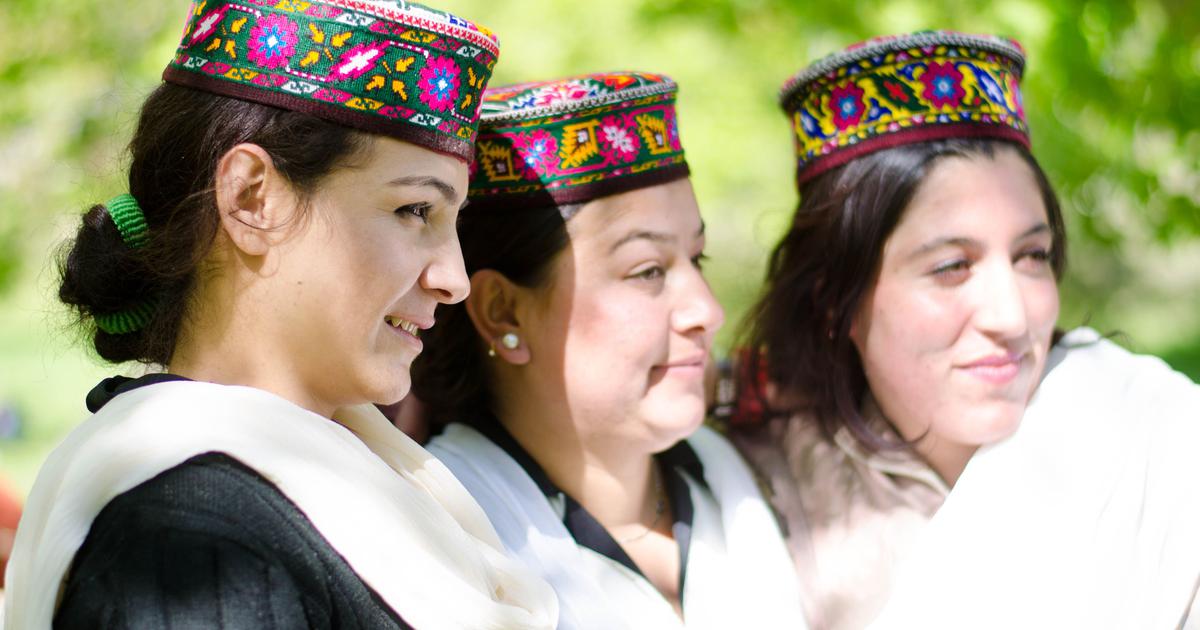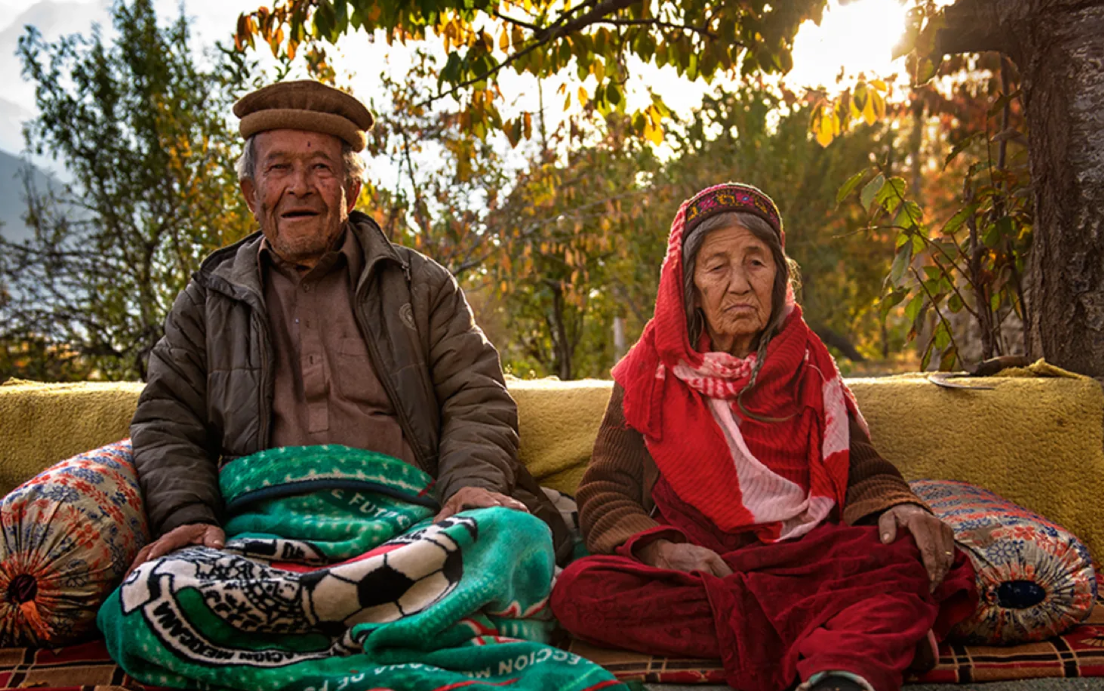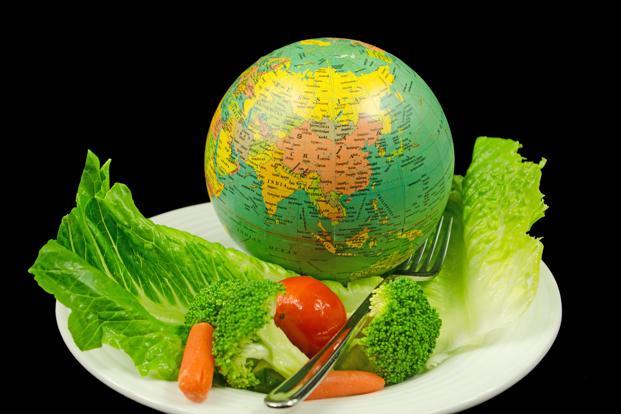Food and Health: The Hunza Connection

Good food does more than just give us energy—it helps protect the body from illness and keeps us strong as we grow older. This idea builds clearly on the healthy eating habits of the Hunza daily diet we explored in the previous section.
Food as Medicine

The Hunza people do not only eat to stay full, but they also eat to support their health. Their daily meals, which include fresh vegetables, fruits, grains, and clean water, are full of nutrients that help the body fight off sickness and stay balanced.
Because they avoid processed food, sugar, and harmful fats, their bodies stay healthier for longer, and they rarely suffer from the modern diseases many people face today.
How Hunza Food Protects Health
- Natural Antioxidants - Fresh fruits and vegetables fight free radicals
- High Fiber Content - Supports digestive health and prevents constipation
- Mineral-Rich Water - Mountain spring water provides essential minerals
- Alkaline-Forming Foods - Help maintain proper body pH balance
- Anti-Inflammatory Compounds - Reduce inflammation throughout the body
- Natural Vitamins - Bioavailable nutrients from whole foods
Scientific Evidence
Many health experts agree that what we eat each day affects how we feel and how well our bodies work. Studies have shown that when people eat more natural, plant-based foods, their bodies become better at protecting themselves against illness.
Research has demonstrated that people who choose whole foods over processed ones have lower risks of heart problems and better control over their blood sugar levels. These are the same patterns we see in the Hunza lifestyle, which naturally supports good health through everyday meals.
| Common Modern Health Issue | How Hunza Diet Helps Prevent It |
|---|---|
| Heart Disease | Low saturated fat, high fiber, natural antioxidants from fruits and vegetables |
| Diabetes Type 2 | Minimal refined sugars, complex carbohydrates from whole grains |
| High Blood Pressure | Low sodium, high potassium from fresh produce, clean water |
| Obesity | Portion control, nutrient-dense foods, minimal processed foods |
| Digestive Issues | High fiber content, fermented foods, clean eating habits |
| Cancer Risk | Antioxidants, phytochemicals, minimal processed meats and chemicals |
Environmental Health Connection

Food choices do not just impact physical health—they also affect the environment and long-term well-being. Plant-based diets are not only good for the body but also reduce the use of harmful chemicals and improve soil health, which helps farmers and communities stay healthy too.
This shows that good food habits benefit not only individuals but also the environment and the wider community—they help the whole world. Choosing simple, whole foods instead of packaged snacks or fast meals can create a better life for individuals and a cleaner planet for everyone.
The Ripple Effect of Healthy Eating
When communities eat like the Hunza people, the benefits extend far beyond individual health:
- Reduced Healthcare Costs - Fewer chronic diseases mean less medical intervention
- Environmental Sustainability - Less processed food means reduced industrial pollution
- Community Strength - Healthy individuals contribute more to society
- Economic Benefits - Local food systems support regional economies
Active Aging in Action
In the Hunza community, many older people continue to walk, farm, and stay active well into their 80s and 90s. This is strong evidence that their diet really supports their bodies and minds. They do not take vitamins or supplements; instead, they trust the food they grow and prepare at home.
This natural, consistent way of eating keeps them strong and free from many of the diseases that come with age in other parts of the world. The strong link between food and health teaches us that small choices in our diet can have a big effect.
Modern Research Validation
Contemporary nutritional science has validated many aspects of the traditional Hunza approach to eating:
- Alkaline Diet Benefits - Research shows alkaline-forming foods help maintain optimal body pH
- Plant-Based Nutrition - Studies confirm lower disease rates in plant-forward populations
- Whole Food Advantage - Unprocessed foods provide superior nutrient bioavailability
- Anti-Inflammatory Effects - Natural foods reduce systemic inflammation markers
- Metabolic Health - Traditional eating patterns support healthy metabolism

Practical Health Applications
By eating like the Hunza—more vegetables, more whole grains, and fewer processed foods—anyone can take better care of their health. These lessons remind us that nutrition is not just something to think about when we are sick. It is something we must practice every day to live better and longer.
Daily Habits for Better Health
Small changes inspired by Hunza practices can lead to significant health improvements:
- Start Each Day - With fresh fruit or vegetable juice
- Choose Whole Grains - Replace refined grains with barley, oats, or brown rice
- Eat the Rainbow - Include colorful fruits and vegetables at every meal
- Stay Hydrated - Drink clean, pure water throughout the day
- Minimize Processing - Choose fresh over packaged whenever possible
- Practice Moderation - Eat until satisfied, not stuffed
The Mind-Body Connection
The Hunza example demonstrates that good nutrition affects not just physical health, but mental well-being too. Their consistent energy levels, positive outlook, and cognitive sharpness well into advanced age suggest that food truly is medicine for both body and mind.
When we nourish our bodies with the right foods, we're not just preventing disease—we're creating the foundation for a vibrant, energetic life. The Hunza people show us that this isn't just possible, it's achievable through simple, consistent daily choices.
Understanding this connection between food and health is crucial, but knowing how to apply these principles in our modern world is equally important. This brings us to the practical lessons we can learn from the Hunza way of eating and living.